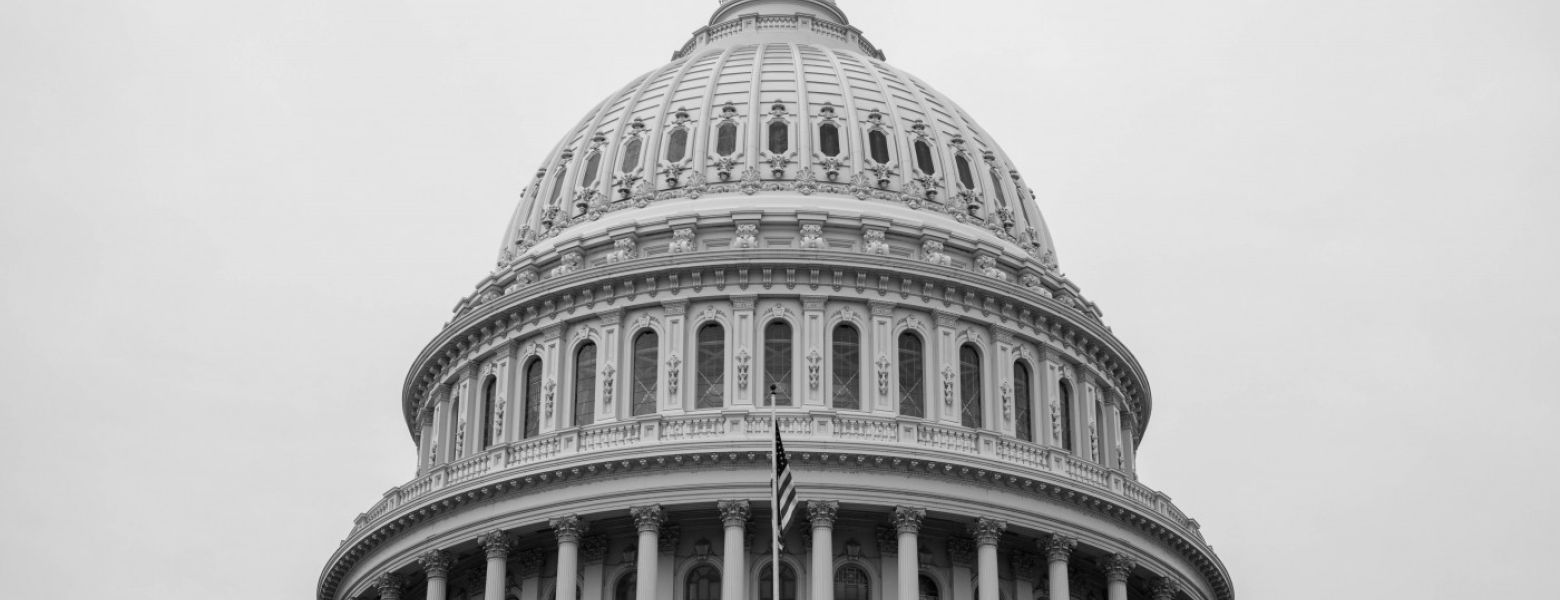Employment Law Newsletter: A Monthly Report On Labor Law Issues
Our Monthly Report on Labor Law Issues, also known as the Employment Law Bulletin, is a monthly newsletter that covers a wide range of labor law issues, including affirmative action plans, strikes, OSHA regulations, minimum wage requirements, and more. Other topics covered have included issues related to the COVID-19 pandemic, such as workplace walk-outs and strikes, vaccinations, and employee rights related to positive test results and quarantine. The newsletter also covers issues related to discrimination, such as artificial intelligence and racial bias, and issues related to unions, such as organizing efforts and union successes at companies like Amazon and Starbucks. The newsletter also covers issues related to taxes, immigration, and court cases related to labor law. Stay informed and avoid legal missteps, by subscribing to email updates here.









Top 10 Content (All-Time)
-
 Union Fines Employee $22,000.00 for Crossing Picket Lines
Union Fines Employee $22,000.00 for Crossing Picket Lines -
 OSHA Regional Emphasis Program for Poultry Processing Facilities
OSHA Regional Emphasis Program for Poultry Processing Facilities -
 GOVERNMENT Position: Worker Presents New Social Security Number and States Previous Documents Were Not Real
GOVERNMENT Position: Worker Presents New Social Security Number and States Previous Documents Were Not Real -
 OSHA ALERT: OSHA Regional Emphasis Program Targets Southeastern Poultry Processing Facilities
OSHA ALERT: OSHA Regional Emphasis Program Targets Southeastern Poultry Processing Facilities -
 AI Is Another Relevant Area of Employment Law Issues
AI Is Another Relevant Area of Employment Law Issues -
 What Does It Take to Create a Hostile Work Environment? Apparently, a Single E-Mail Will Do
What Does It Take to Create a Hostile Work Environment? Apparently, a Single E-Mail Will Do -
 NLRB Explains What Employer Rules Are Unlawful and How to Make Them Lawful
NLRB Explains What Employer Rules Are Unlawful and How to Make Them Lawful -
 DOL Proposes to Increase Salary Threshold for Overtime Exemption: Will It Raise Wages or Cut Hours?
DOL Proposes to Increase Salary Threshold for Overtime Exemption: Will It Raise Wages or Cut Hours? -
 Tips on Tipping for Georgia Restaurateurs — Part 1: Mastering Wage & Hour Regulations
Tips on Tipping for Georgia Restaurateurs — Part 1: Mastering Wage & Hour Regulations -
 Supreme Court Addresses Wage-Hour Collective Actions and Statistical Proof in Tyson Case
Supreme Court Addresses Wage-Hour Collective Actions and Statistical Proof in Tyson Case

